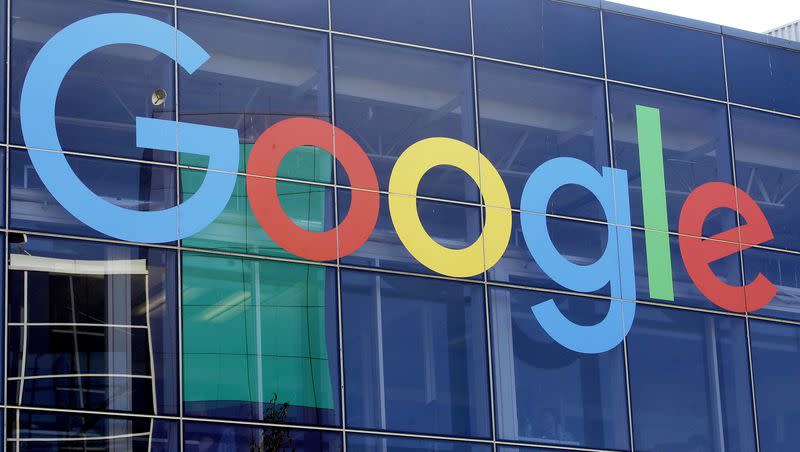Google releases chatbot Bard to compete in AI arms race

Google has released its AI chatbot “Bard” for the public to use, hoping to receive feedback for improvements.
Bard is the latest competitor to enter what some have called an artificial intelligence arms race, sparked by OpenAI’s ChatGPT. Microsoft’s Bing is also a well-known contestant in the AI games.
The chatbots respond to users’ questions using the same technology, called a “large language model” — they essentially string words together one at a time, pulling from a large online database.
Related
According to a Google blog post co-written by Bard itself, the bot is meant to boost productivity and curiosity.
“You might ask Bard to give you tips to reach your goal of reading more books this year, explain quantum physics in simple terms or spark your creativity by outlining a blog post,” the post reads.
Bard’s responses are imperfect, as Google has acknowledged. Because it gets its information from the internet, it can produce inaccurate and biased content.
The bot’s flaws were accentuated by a very public mistake during its trial period. In a GIF tweeted by Google, Bard inaccurately reported that the James Webb Space Telescope was the first to take pictures of a planet outside the Earth’s solar system. (The European Southern Observatory’s Very Large Telescope actually took those photos.)
Related
Ouch: Google’s new Bard AI chatbot flubs out of the gate and Alphabet just lost $160 billion
How could ChatGPT and artificial intelligence change politics?
Although this might seem like a minor gaffe, the Deseret News reported that it may have made Google’s attempt to catch up with OpenAI appear desperate.
Despite being factually unreliable, Bard appears to have the same capacity as ChatGPT to help students write essays and complete assignments, perhaps exacerbating fears concerning AI’s effects on education.
Related
Bard is supposed to abide by Google’s “AI principles,” which are based on safety, fairness and accountability. Google Search is easily accessible from Bard so that users can fact-check its responses.
Google says the more people who use large language models, the more helpful responses will be. Bard is available for use in the U.S. and the U.K. and will expand to more countries and languages in the future.

